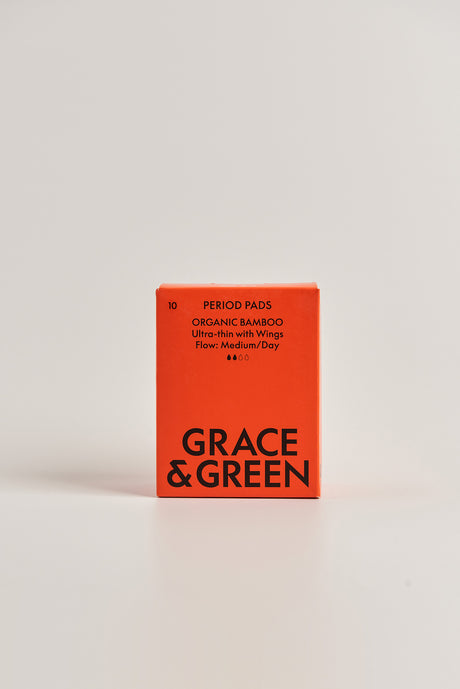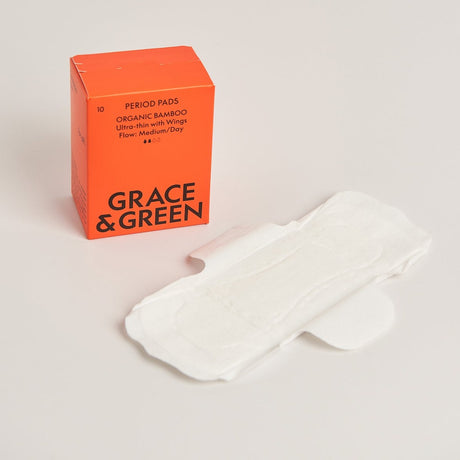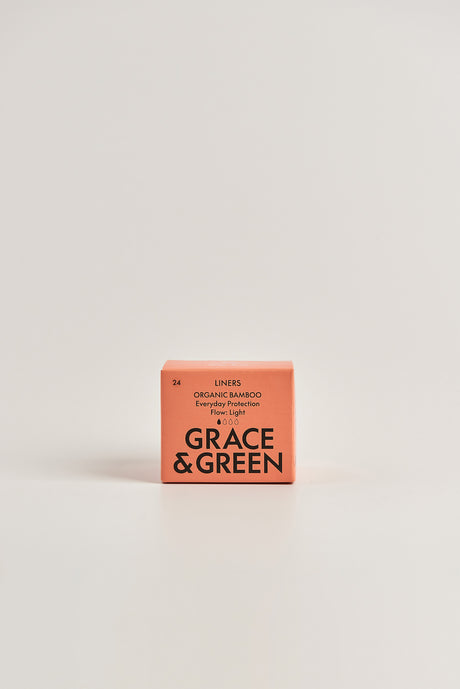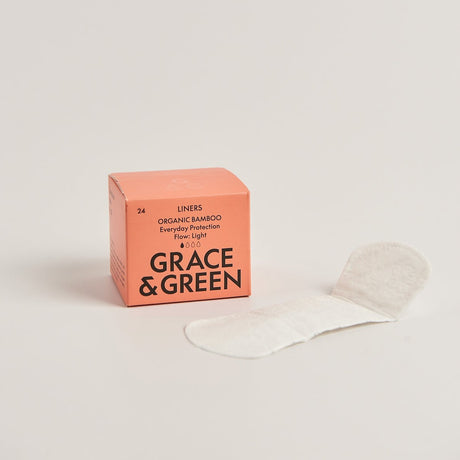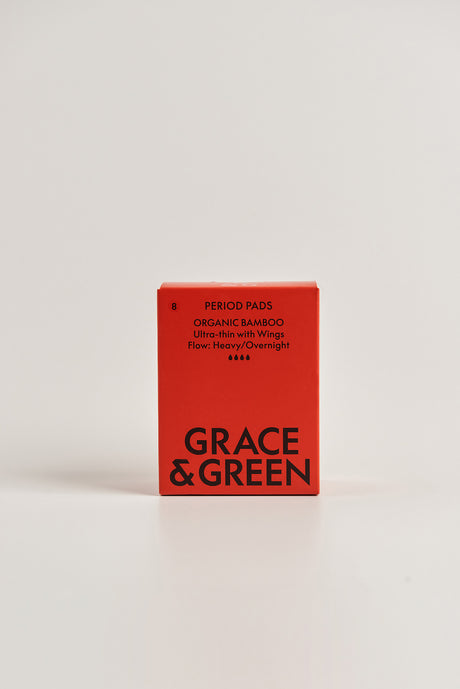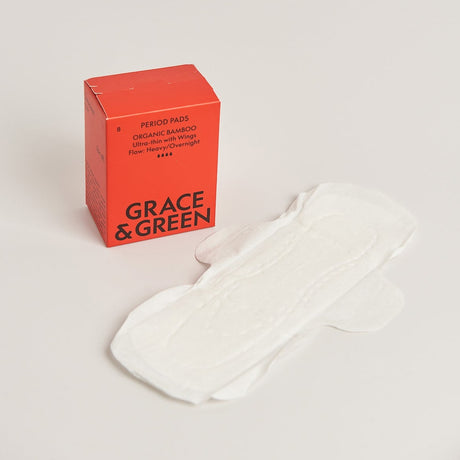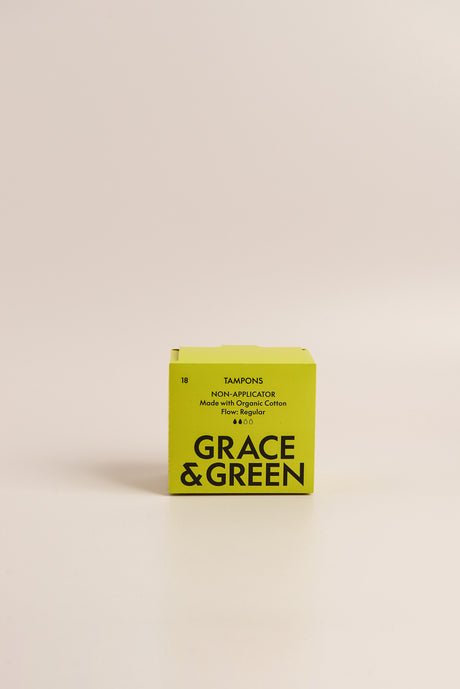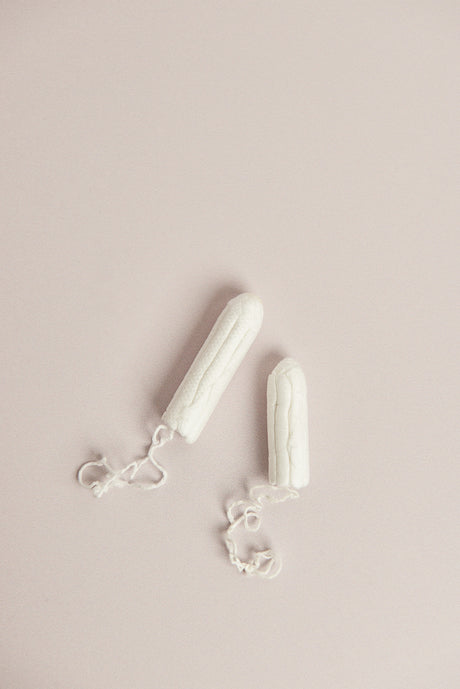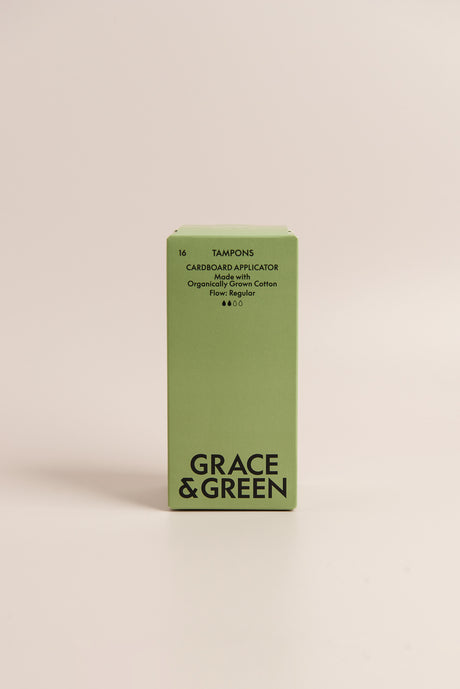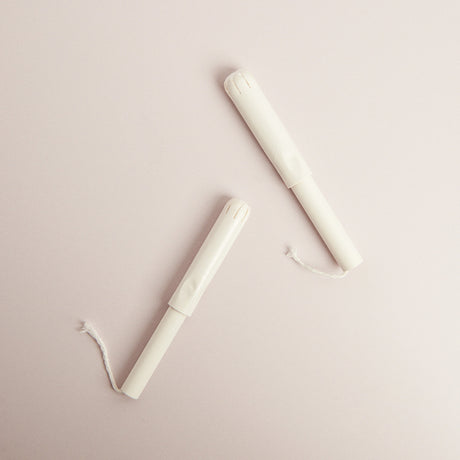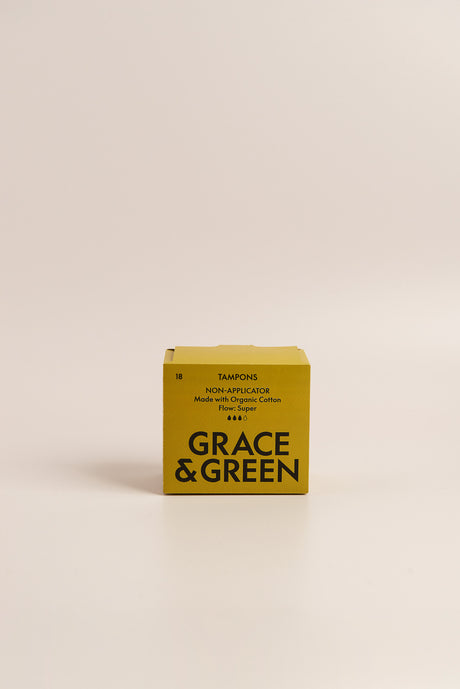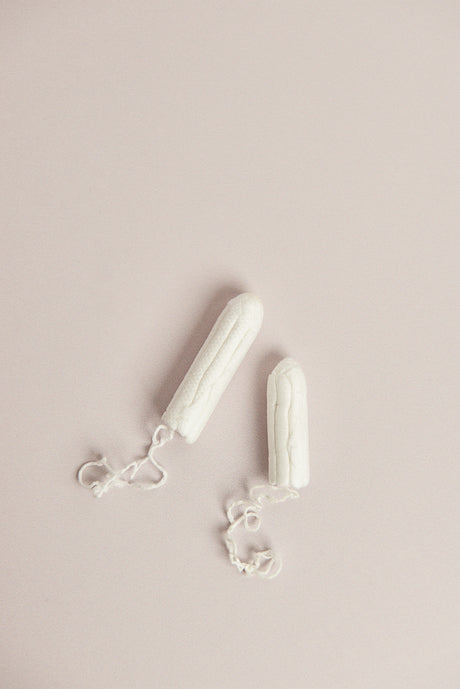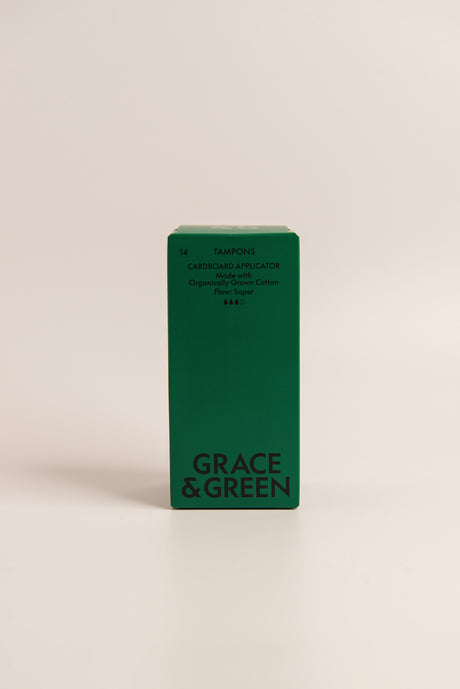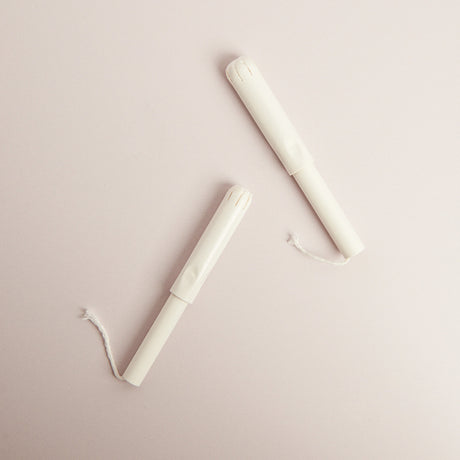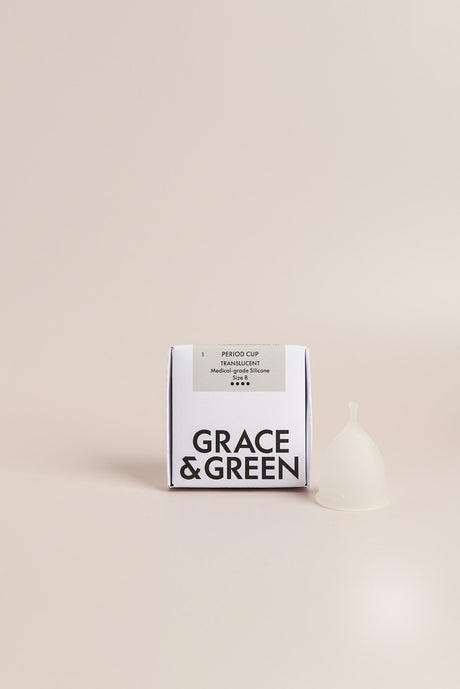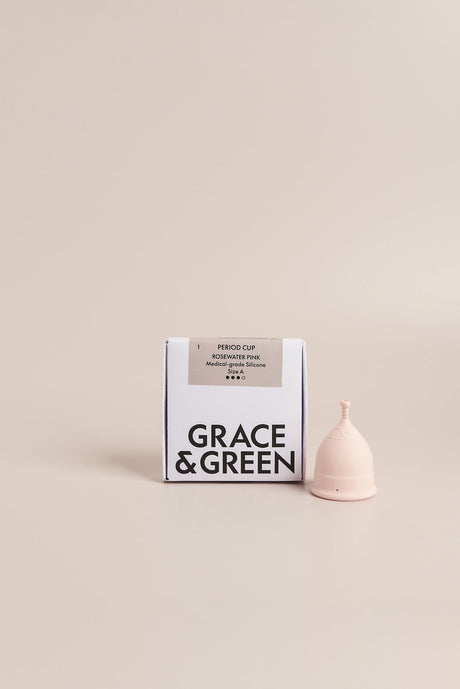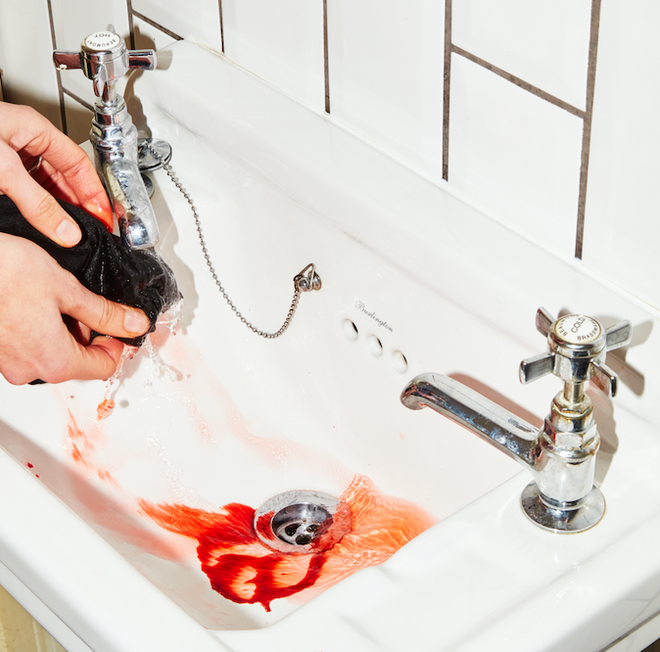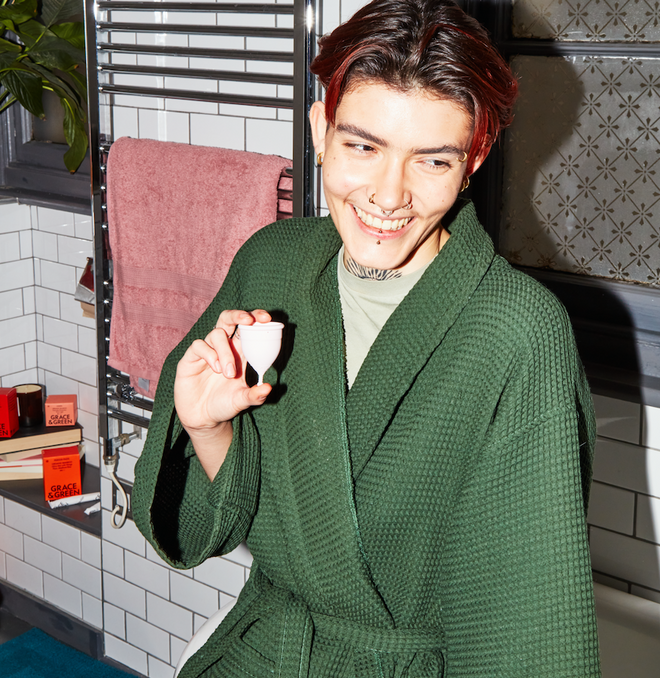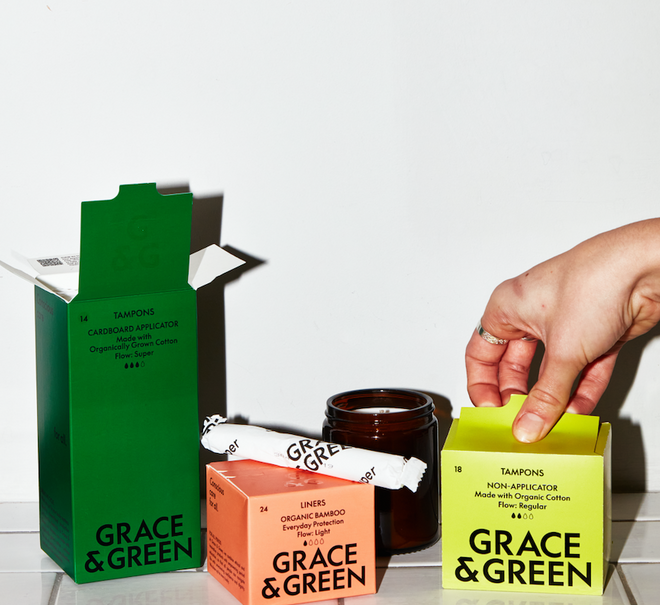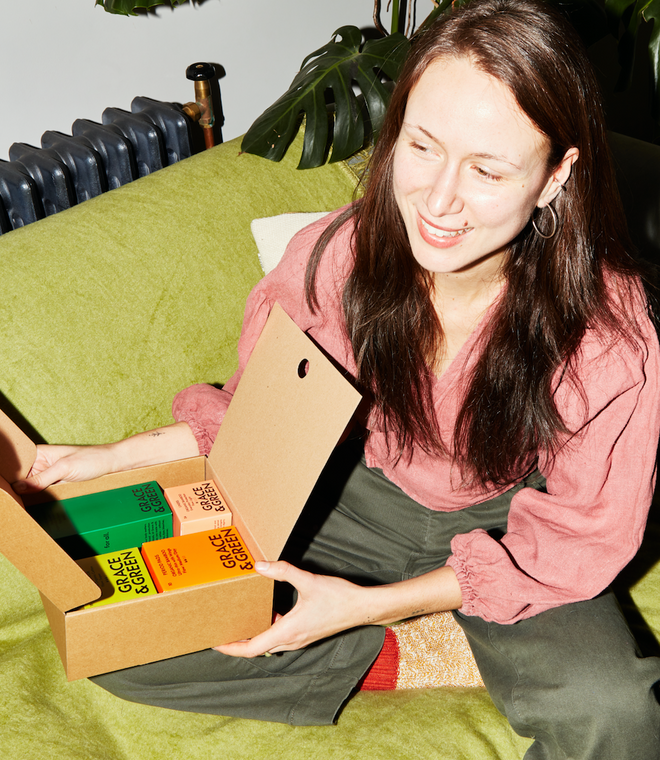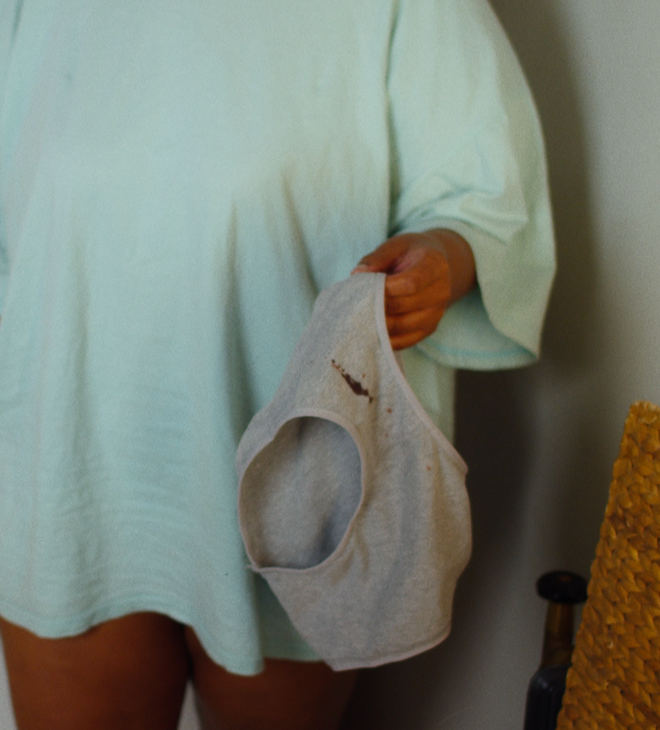Periods are a real pain in the neck – or should we say a pain in the abdomen, back, thighs, head… the list goes on. And that’s before we start on the emotional challenges that go with hormone fluctuations – and the additional health issues that people with conditions like polycystic ovary syndrome (PCOS) and endometriosis face.
Dealing with periods is bad enough when you’re in the comfort of your own home. When you have to face them at work, they’re compounded by the stress of trying to sneak a tampon to the loo (even though we shouldn’t have to be embarrassed about something completely natural) or worse, realising you’ve come on early and don’t have any period products with you.
It would be great if we could take a couple of duvet days each month and deal with the cramps, headaches or heavy bleeding at home, wouldn’t it? Sadly, it’s likely to be a long time before it becomes policy in UK law.
While we’re campaigning for better support for people who menstruate in the workplace, here are a few ways to manage your period at work.
First, talk to your favourite senior leader
People menstruate. And everyone knows it. So why do we shy away so much from talking about it? It’s time to knock down those taboos and nudge leaders and HR departments towards better systems for people who menstruate.
Grab your line manager – or anyone in a leadership role who you feel comfortable talking to – and be honest about how your menstrual cycle might affect your mood or your ability to manage your work that week.
You are fully within your rights to ask for flexible working in order to better manage your symptoms, or there may be equipment that can help, such as specialist monitors designed for those who are prone to migraines.
See if you can shuffle your workload
If you do have to come into work – for example, if you’re in a customer facing role – there may be ways to plan your workload so that you do more on the days when you’re feeling well and less when you’re struggling.
You know your body better than anyone so show your employer how, if you shift your work around, you’ll actually be more effective. Again, it’s all about those honest conversations. The last thing you need when you’re feeling rubbish is the extra pressure of a manager who doesn’t understand why you’re not performing at your best.
Prioritise self care – and find what works for your period
There are lots of ways to tackle the various symptoms periods can cause, at least partially. For example:
- Using a hot water bottle to ease cramps
- Taking regular painkillers to deal with headaches
- Stretching exercises to ease sore muscles
- Meditation to help settle your mood
- Staying hydrated to reduce cramping
Every person who menstruates is different so it’s important to find what works for you. Some tips – like drinking water – will be easier to implement at work than others, but try not to let what people think stop you from looking after yourself. You might worry that having a hot water bottle at your desk will attract attention but you’ll probably find that people won’t think it’s a big deal.
If you need to take regular breaks, for example to stretch or meditation, again be clear with your manager. Most people take regular tea and coffee breaks so there shouldn’t be any problem with you finding short bursts of time to look after yourself.
Stock up on bodykind sustainable period products
We’ve already touched on how stressful it is when you start your period early and realise you haven’t got any period products to hand. That’s why it’s useful to keep a permanent stock in a desk drawer or in your regular work bag, if you have one.
Better yet, why not talk to someone in your leadership team about getting free period products stocked in the work bathrooms? At Grace & Green we offer discounts on corporate subscriptions, which makes it a really affordable way for employers to show they are looking after their employees.
What’s more, our products are all biodegradable and made from 100% organic cotton or bamboo. Plus we don’t use any nasty chemicals like pesticides, artificial fragrances or chlorine bleach, all of which are found in conventional period products and readily absorbed by the body.
More information about period product subscriptions
If you’re an employer, read more about how to create a period friendly workplace and the benefits it can bring to you and your employees here or, if you’re ready to start supporting your teams with free period products, get in touch today.

